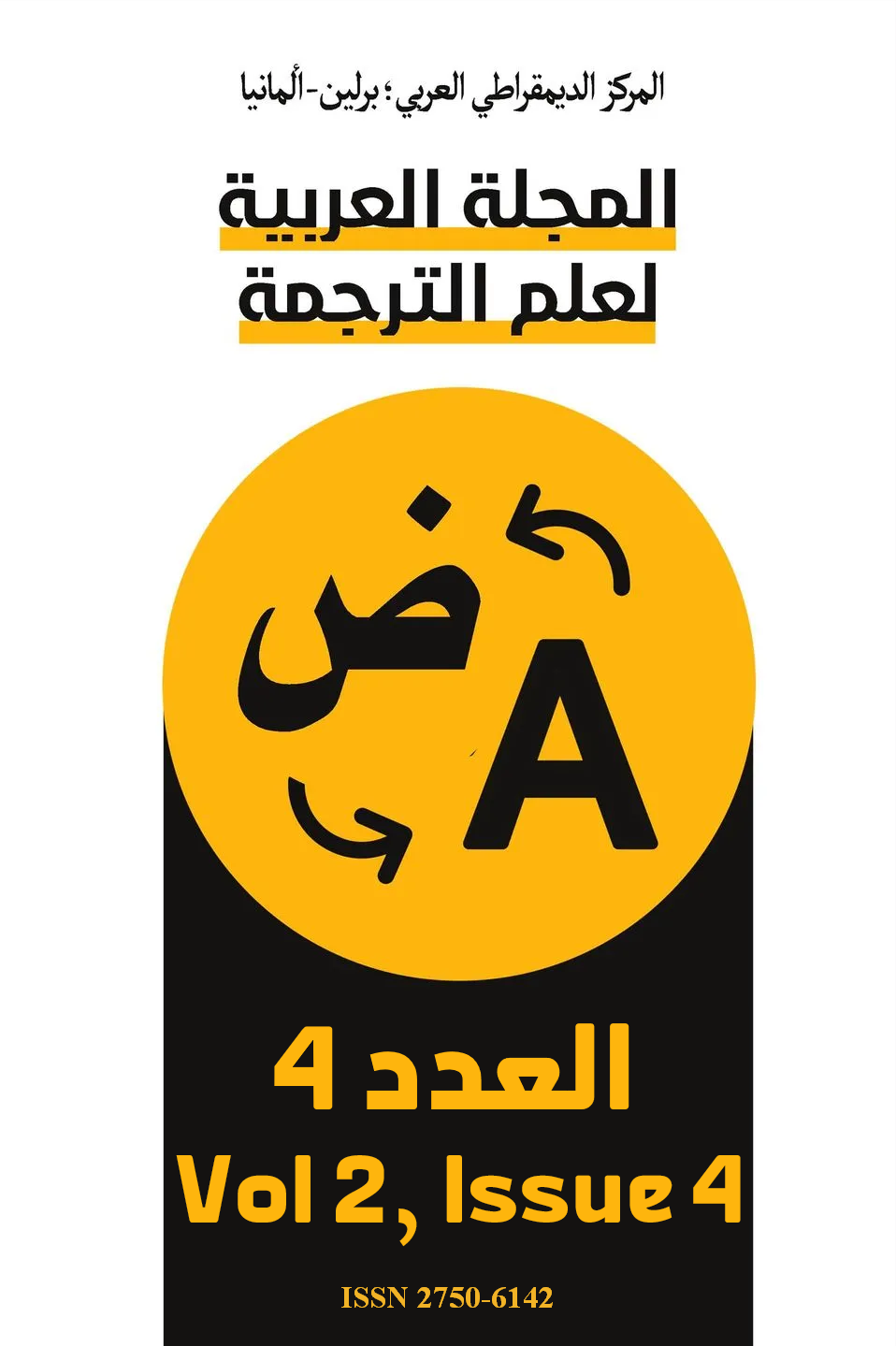Design as a new domain specialized translation
DOI:
https://doi.org/10.63939/AJTS.3t27g190Keywords:
Translation Studies, Specialized Translation, Interdisciplinarity, Terminology, DesignAbstract
This article explores the emerging field of specialized translation in the field of design, which integrates knowledge and practices from different disciplines. The interdisciplinary complexity of design poses challenges for translation, not least because of the subjectivity and constant evolution of the field. Translators face the challenge of faithfully rendering design concepts and terms, working in close collaboration with designers and engineers. The use of computer-aided translation (CAT) tools and specialized resources, such as glossaries and style guides, is essential to ensure terminological accuracy. In this study, we examine both the origins of translation and research in translatology, as well as the future of this emerging field. In addition, we focus on design as a little-explored field in specialized translation, emphasizing spatial design as a specific domain. We focus on the epistemological problems associated with this field, in particular the challenges of translating concepts related to architectural projects, which are distinguished by their exceptional interdisciplinary complexity.
Downloads
Published
Issue
Section
License

This work is licensed under a Creative Commons Attribution-NonCommercial 4.0 International License.
As an open-access the journal follows the CC BY-NC 4.0 Attribution-NonCommercial 4.0 International which states that:
- you are free to:
- Share— copy and redistribute the material in any medium or format.
- Adapt— remix, transform, and build upon the material.
- Under the following terms:
- Attribution— You must give appropriate credit, provide a link to the license, and indicate if changes were made. You may do so in any reasonable manner, but not in any way that suggests the licensor endorses you or your use.
- NonCommercial — You may not use the material for commercial purposes.
- No additional restrictions — You may not apply legal terms or technological measures that legally restrict others from doing anything the license permits.










